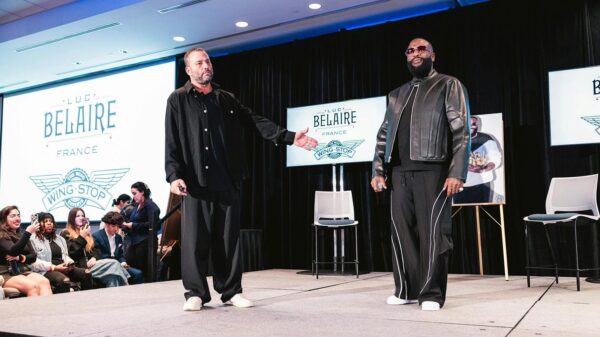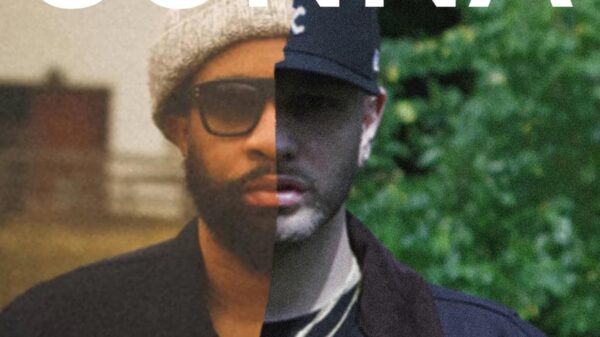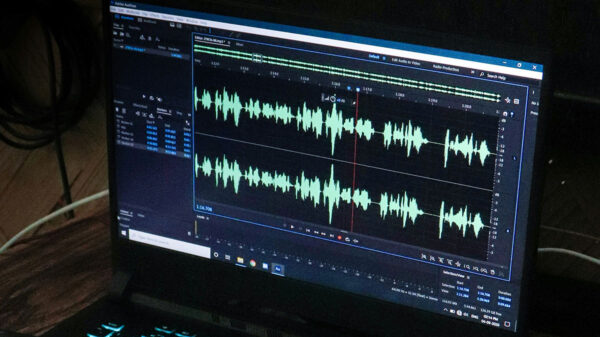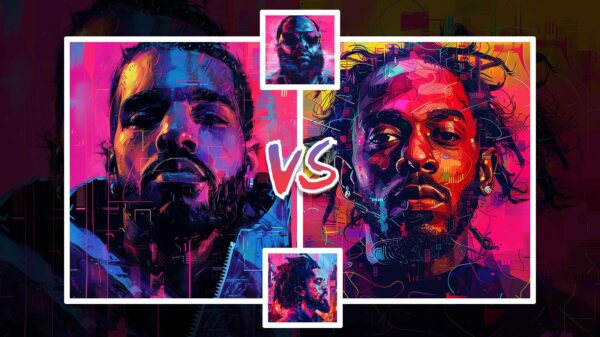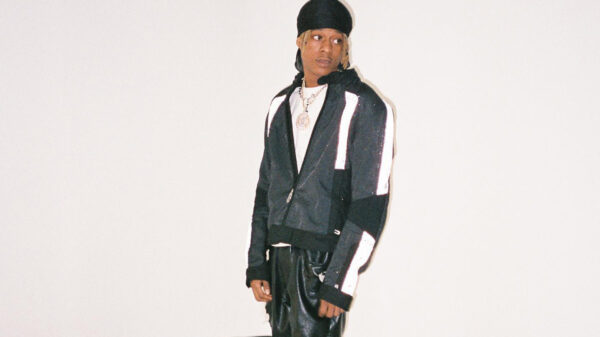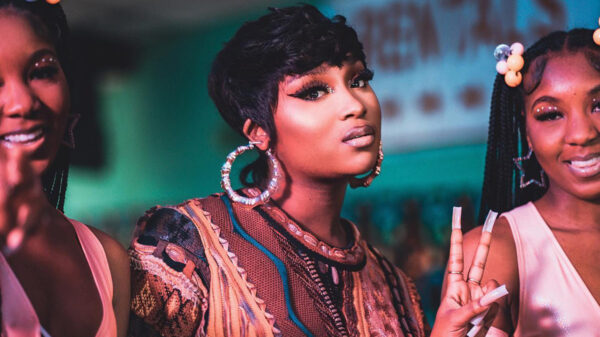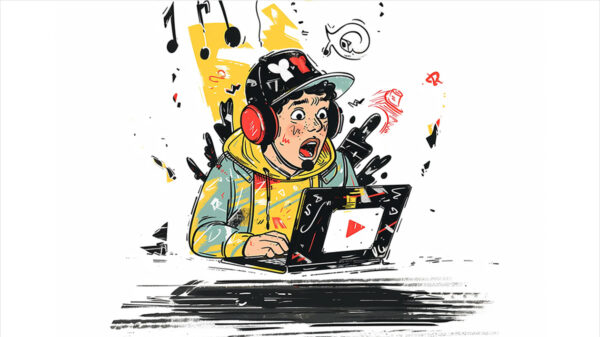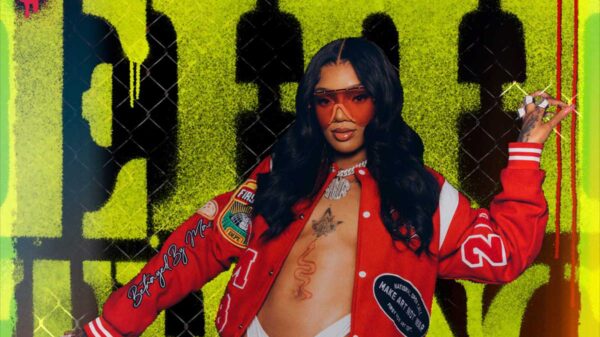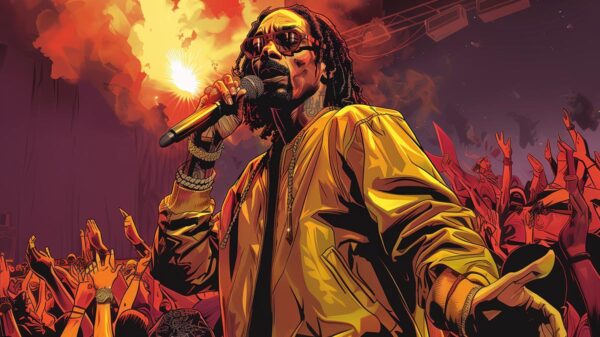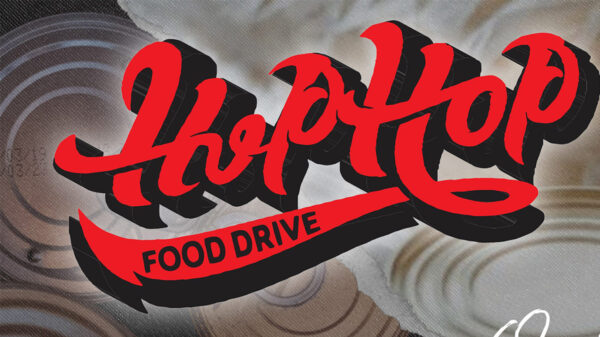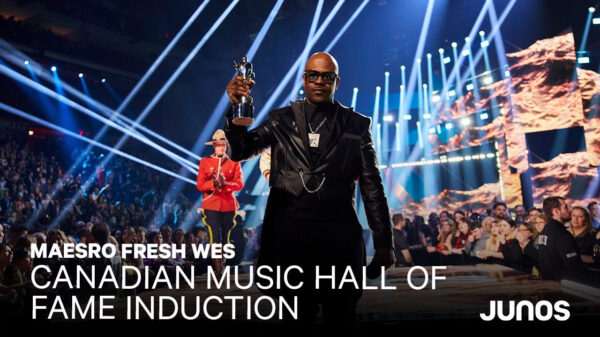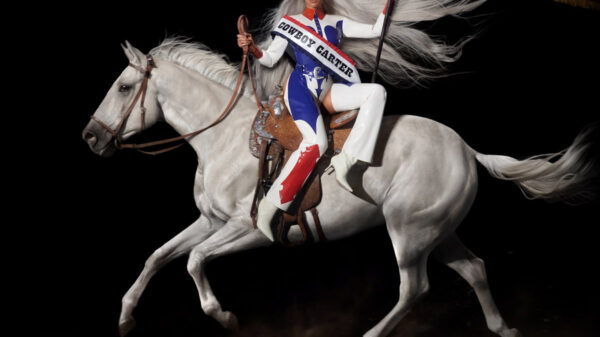Jabari Evans, associate professor of race and media at the University of South Carolina, studies the messages that media produce about the representation of race and how that can impact marginalized groups, particularly the Black community. Below are some highlights from an interview with The Conversation. Answers have been edited for brevity and clarity.
How did you get to where you are today?
Jabari Evans: I started off as a musician, a hip-hop musician. I toured. I had three separate record deals over the course of my career as a recording artist. But I found that when I started entering my early 30s, I was doing a lot of youth mentorship work, as well as community activism.
That work led me to pursue grants for my own not-for-profit and really try to see solutions and help Black youths utilize their creativity in ways that can change their life trajectories – whether that’s financially or just becoming better people. I found myself really asking these questions that could only be answered through research or academic work.
For example, I was always interested in how young adults from low-income communities of color who become successful in creative industries could have been better supported along their formal paths to success, and how that insight could be used to implement culturally relevant offerings in academic spaces. My most recent work argues that participation in hip-hop “communities of practice” is a multidimensional asset that can be used to empower Black youths for the media literacy education necessary to navigate their social, civic, personal, academic and professional lives.
What do you enjoy most about what you study?
Jabari Evans: The greatest thing about what I study is that I get to always put a little bit of me in the work that I do. When you study race as a Black person – and for me as a Black man – I’m able to see not only is my work impactful to society at large, but how it is impactful for those who are my friends, who are my family and my own children. My work speaks to issues of equity and inclusion in today’s creative class that face many Black youths at the social policy level, a developmental level and a pedagogical level.
I think it allows me a lot more credence. It allows me a lot more flexibility in how I reach people, how to connect with people.
What motivates you to continue to do the research in the field that you’re in?
Jabari Evans: Since I was an undergrad, and I think when I was an undergrad, I wanted a professor like me. And so I’m really just trying to be the change that I wanted to see. And I think that’s kind of the necessary void that needed to be filled. And so I have fashioned myself into that space.
But beyond that, I think I’ve always loved media, I’ve always loved watching television, making and listening to music. I’ve always loved watching movies, I’ve always loved sports media and, now, news media. And I’ve always been very well entrenched in it and thinking about it in ways that are critical.
What is next for your research?
Jabari Evans: I am working on a book called “Hip Hop Civics” (University of Michigan Press). It is an ethnographic study of a hip-hop-based education program administered by a local nonprofit in two of Chicago’s lowest-performing schools. The project is articulating the claim that Black youths, particularly those from low-income areas, should be both allowed and encouraged to learn digital media literacy and develop critical thinking skills in a curriculum centered on hip-hop composition.
Written by Jabari Evans, Assistant Professor of Race and Media, University of South Carolina
This article is republished from The Conversation under a Creative Commons license. Read the original article.
![]()
5 Ways to Support HipHopCanada:
- Submit Your Music
- Follow Canadian Fresh (HipHopCanada’s Spotify Playlist)
- Follow us on Instagram
- Follow us on X (Twitter)
- Like us on Facebook





